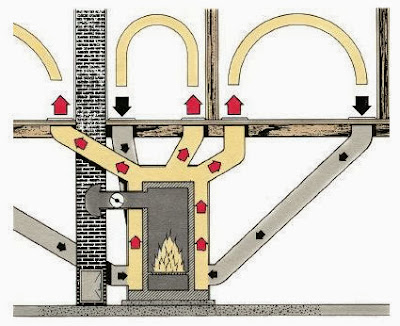I haven’t been able to cruise the big blog world out there the last few weeks, so today I took the entire day to devote to our online authors (It was raining today). One place I check out every now and then is the Real Estate Journal by WSJ. Most of the stuff can be a little boring, but I came across an article that made me actually click the link to read it.
The post, titled “From Their House to the White House”, highlights the homes that Senator Clinton, John McCain, and Barack Obama currently own, and those that they have sold recently. Now it is interesting to know what types of properties these people own because after all, real estate is what I do. I don’t know, however, if the author is just trying to state fact, or condemn these politicians for making profit on their real estate holdings.
But the article brings up an important issue. Why is it that making money in real estate is a bad thing?
During the boom years, home values increased enormously. Sellers were happy to be making more money than they had imagined, just from selling their home of 20 years. I know sellers in Florida who walked away with an average of $100,000 from appreciation. Across the county, many made more, much more. Could it just be jealousy that some people made money in real estate?
The funny thing about all the complaining going on right now, that those in the real estate industry are to blame, is that buyers were happy to pay those prices. I represented MANY buyers and not one felt they were over paying for a home. Prices were just what the market was bearing, and buyers were paying those prices gladly. So when I hear people grumble that real estate agents artificially increased the values of homes, I have to laugh because we are getting more credit than we deserve. The fact is, the market, driven by buyers wanting to get a piece of the real estate pie, drove the market to its great heights. When the number of buyers ran out, the market had no where to go but down.
So now we are at a crossroads. Those who bought the last five years, at the height of the market, are now sellers. They are finding that the record profits through appreciation that previous owners experienced is just not there for them. And they are angry, angry because they must sell for less than they paid, and some of these homes are being bought by investors, rehabbers, etc, who will most likely make a profit on the home in the future.
I have had some sellers tell me they do not want to sell to an investor because “he will make money off my bad fortunes”. These types of comments amaze me because it shouldn’t matter who buys your home, only that you get out from under it. Many owners are angry that anyone is making money in real estate today. If they are suffering, so should every one else. The reality of the matter is that these investors are in fact saving neighborhoods by buying up homes to renovate and resale.
I believe it is time for people to realize that making money in real estate is something anyone can do, not just the wealthy and politicians. Many nay-sayers are telling everyone that now is a bad time to buy. Keep telling yourself that if you are comfortable where you are. The best way to make money in real estate is to buy property that is undervalued and hold for the long term. In the current housing inventory there are tons of deals to be had, and I am sorry to say, but there is no better time than now to buy if you ARE looking to make money in real estate.










